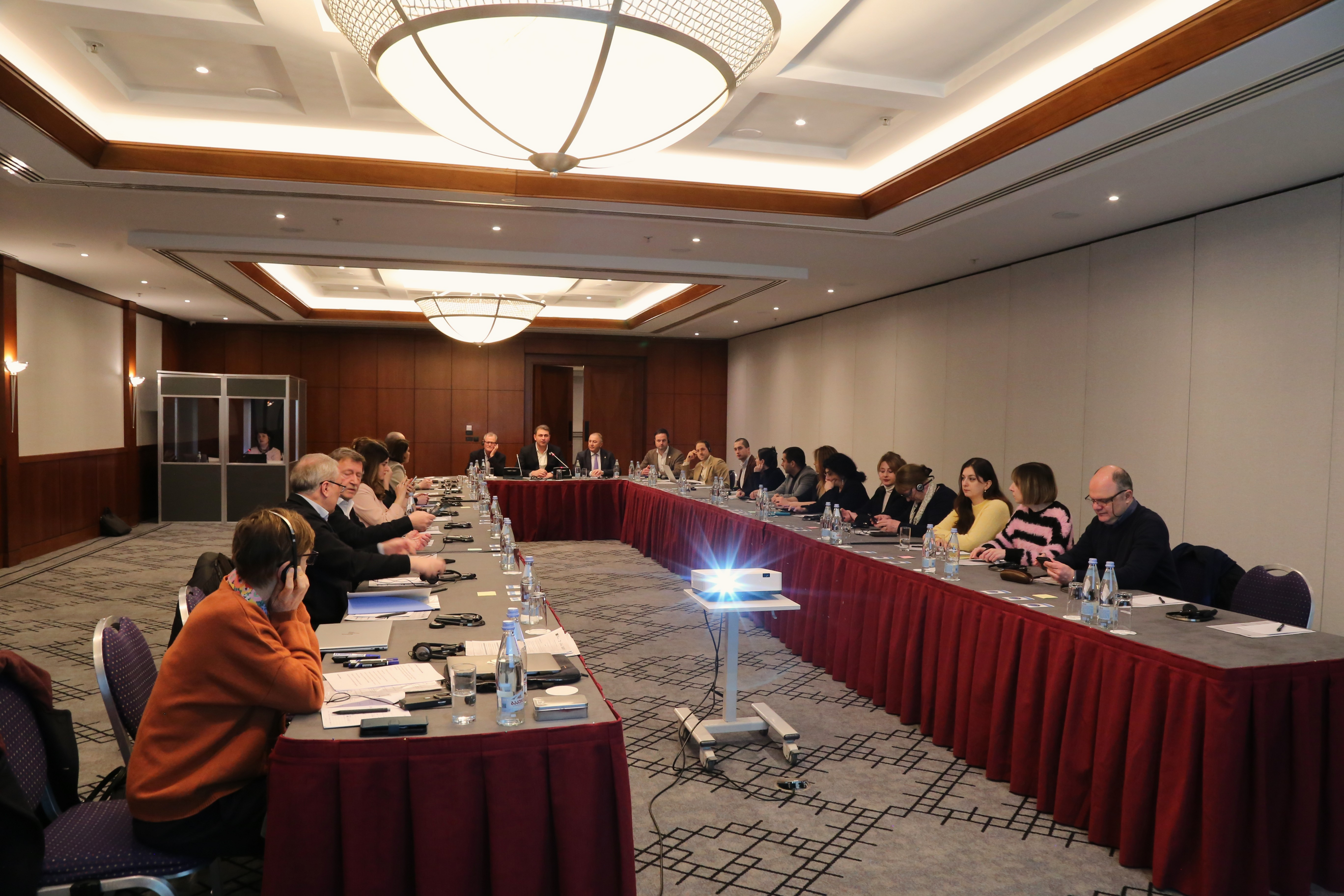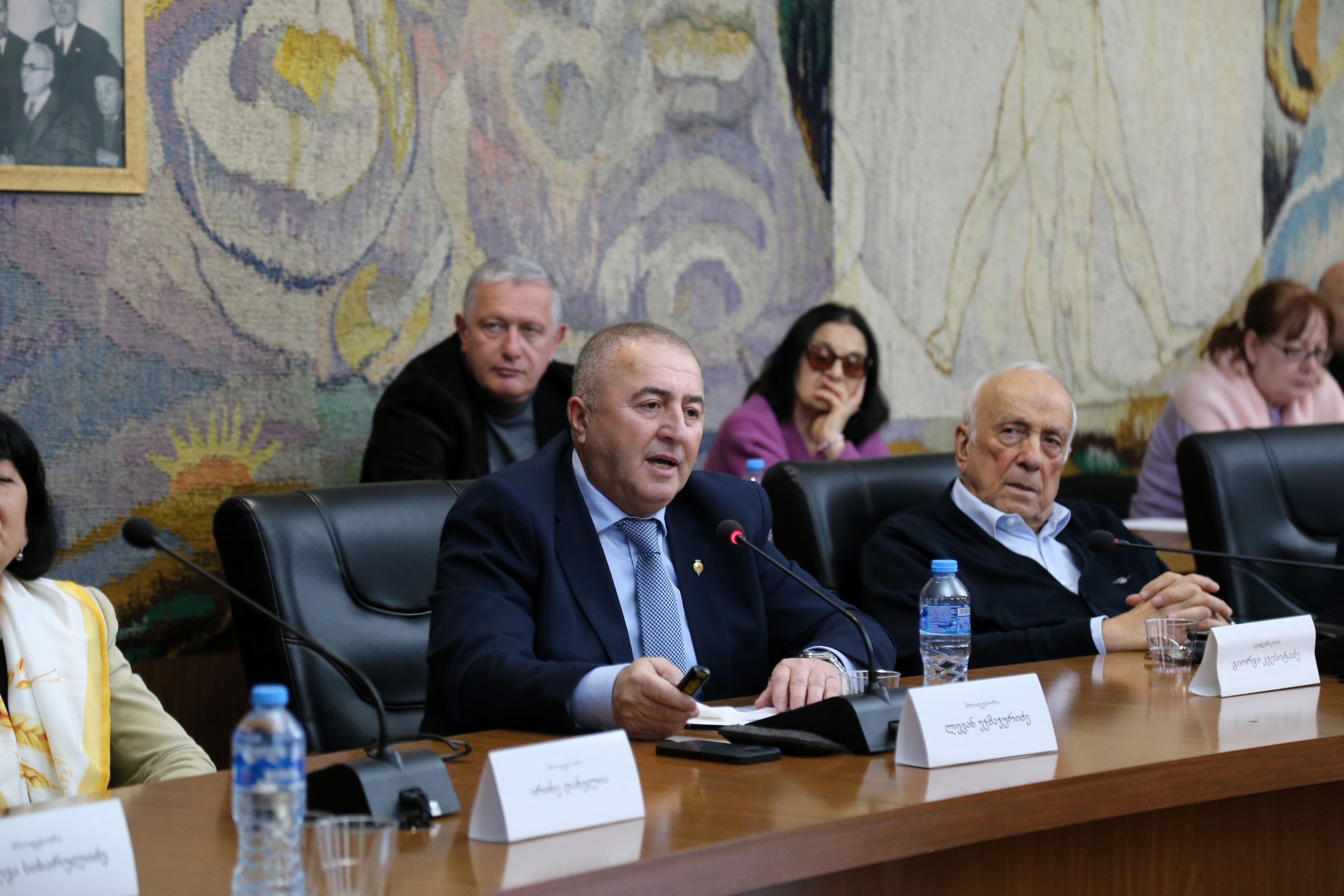News
28.04.2022
The Scientific-Research Center of Agriculture launches testing the perennial herb Miscanthus in Georgia
 The Center received Miscanthus planting material as a gift from the Dutch company ,,CIBA" within the framework of a Memorandum of Understanding.
The Center received Miscanthus planting material as a gift from the Dutch company ,,CIBA" within the framework of a Memorandum of Understanding.
The issues of Miscanthus culture and cultivation in Georgia were discussed by Deputy Minister of Environmental Protection and Agriculture Iuri Nizadze and the Director of the Scientific-Research Center of Agriculture Levan Ujmajuridze, at the meeting with Herbert F. Habnit, Director of ,,CIBA’’. The parties discussed the cultivation of a new culture, its profitability and interest from the private sector.
,,Miscanthus is a new culture for Georgia, so it is interesting for us to cooperate in this direction and share the experience of the Netherlands as an agricultural country. Miscanthus has the ability to have a positive impact on the environment and its area of use is multifaceted, "- mentioned Iuri Nozadze.
Under the Memorandum of Understanding, scarce and abandoned lands will be identified so that the cultivation of Miscanthus does not interfere with the production of existing crops. It will be determined whether the crop with high biomass of Miscanthus is an economically and ecologically useful raw material for the production of energy and an interesting new product used in various directions for the Georgian market. "Everyone is thinking of ways to solve the problem of environmental pollution, including the replacement of biofuels in aviation. Miscanthus has great potential in this direction because the energy value of the plant is very high. The green approach will help us get biofuels through plants. In addition to receiving fuel, it has alternative consumption, both in agriculture and construction, "- said the director of CIBA.
Giant Miscanthus is a herbaceous plant that can produce large amounts of biomass even in cool climates. In addition to its energy potential, it is used in livestock as a food ingredient and a cover for stalls; For the production of raw paper, cardboard and building materials. The ecological advantages of Miscanthus are the ability to absorb large amounts of carbon from the atmosphere and reduce emissions; Miscanthus does not require phytosanitary measures and the use of fertilizers.
The company ,,CIBA’’ is collaborating with Wageningen University in the Netherlands and other universities to study Miscanthus and crop cultivation. It seeks modern ways to use the crop for all other purposes - replacing plastics, building materials, the packaging industry and more. In Spain, in collaboration with farmers, CIBA has started cultivating Miscanthus on 800 hectares of land for biofuels in the future.






